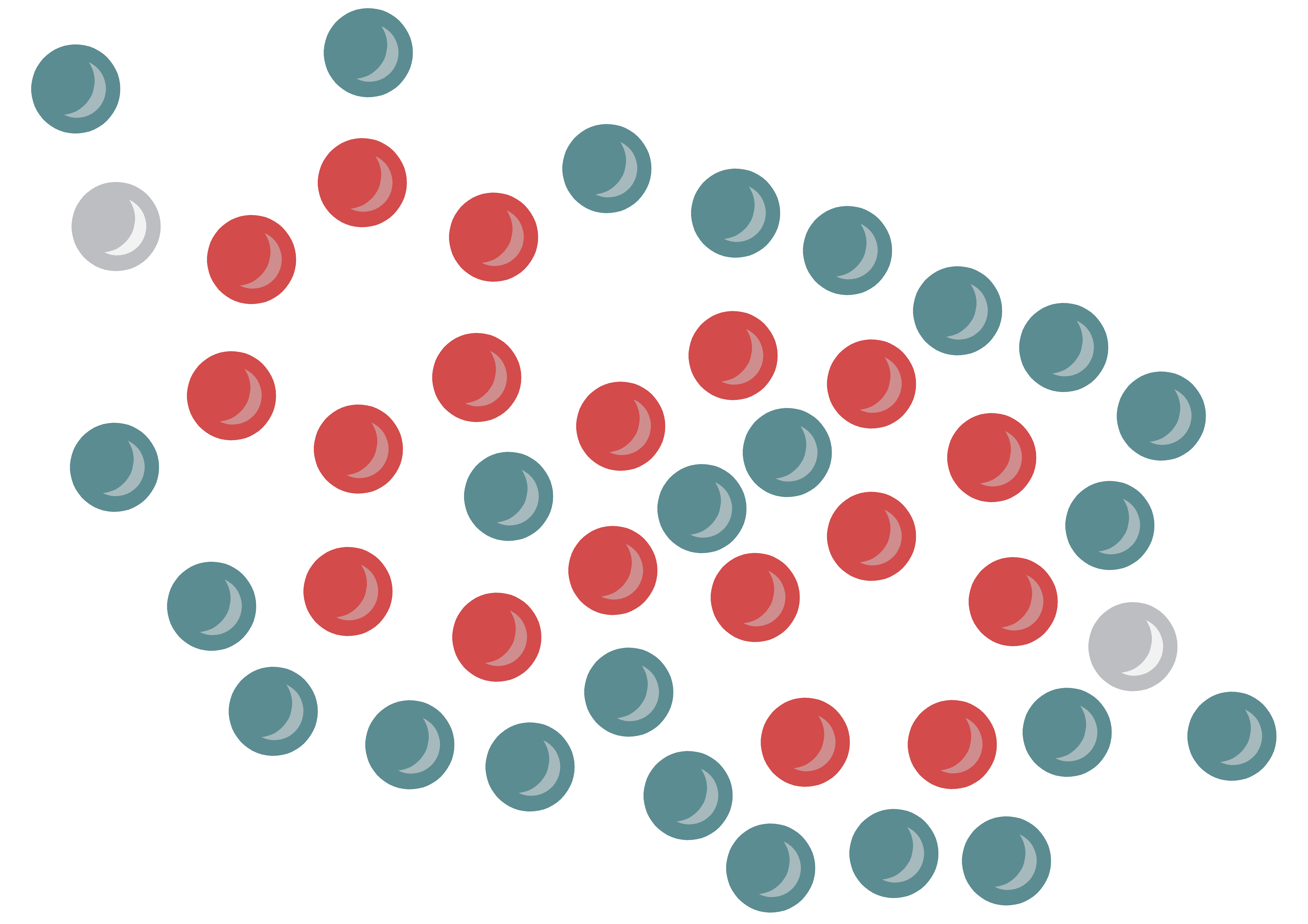Science Philanthropy / Institut Gustave Roussy (IGR)
The role of ACBP/DBI, a novel metabolic checkpoint protein, in the cancer-immune dialogue
Background
Acyl-coenzyme A binding protein (ACBP), also called diazepam-binding inhibitor (DBI) is a phylogenetically ancient protein with two specific functions. As an intracellular protein, it binds acyl coenzyme-A molecules, facilitating their intracellular trafficking. As an extracellular protein, it binds to cell surface receptors to stimulate signals that affect the behavior of cells and organisms as its binding to the γ-aminobutyric acid A receptor (GABAAR) (Charmpilas, N et al., 2020).
In recent years, ACBP/DBI has emerged as a new food intake regulator and appetite stimulator. Indeed, ACBP/DBI protein is upregulated in human or murine obesity and its administration in mice induces hyperphagia, adipogenesis and obesity. Conversely, neutralization of ACBP/DBI by inducible knockout of the gene, systemic injection of neutralizing monoclonal antibodies or induction of autoantibodies by autoimmunization against ACBP/DBI has anorexigenic and lipolytic effects (Bravo-San Pedro et al., 2019; Sica V et al, 2020; Montégut L et al., 2021).
Obesity is one of the main risk factors for many diseases such as cardiovascular diseases, metabolic diseases, and cancers. Many studies show a correlation between cancer and overweight or obesity (Arslan et al., 2009; Pischon et al., 2008; Xu et al., 2003; Zeng and Lazarova, 2012; Zeng et al., 2014; Moore et al., 2005). Based on these premises, we decided to understand the role of ACBP/DBI in the relationship between metabolism, cancer and immunity. Our studies are therefore focused on the study of metabolic and therapeutic effects of the neutralization of ACBP/DBI in cancer prevention and cancer eradication.

Goals
Seerave Foundation is supporting a series of studies to assess the role of a novel “metabolic checkpoint protein” called ACBP/DBI in regulating autophagy and thereby the cancer-immune dialogue.
The aims of the project are:
- Measure the concentrations of ACBP/DBI in patient samples and correlations with clinicobiological and metabolic features.
- Perform preclinical experiments to understand the role of ACBP/DBI in the relationship between metabolism, cancer and immunity.
- Evaluate strategies for inhibiting the human ACBP/DBI system.
Team
Kroemer Lab

Guido Kroemer
Principal Investigator

Isabelle Martins
Fellow

Léa Montegut
Fellow